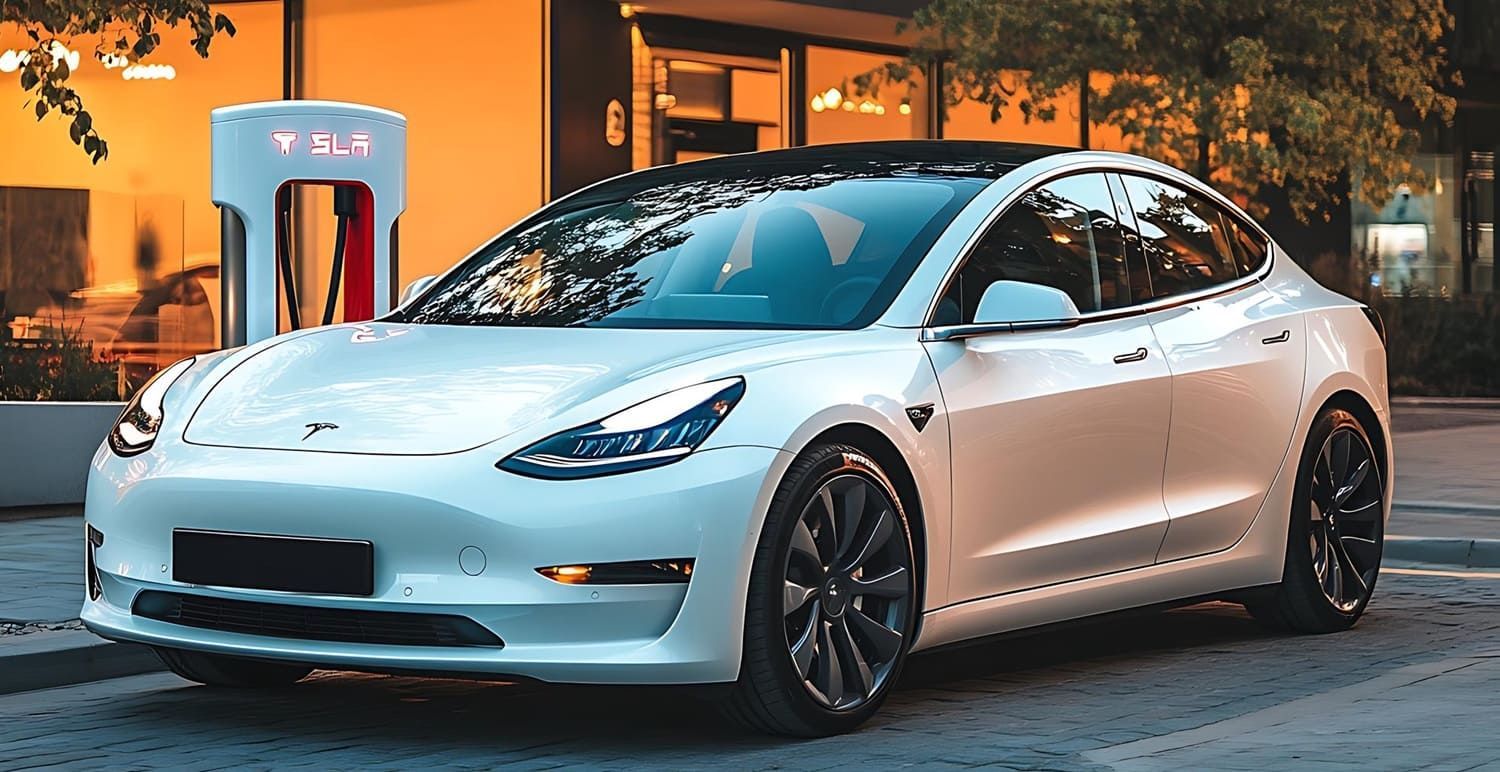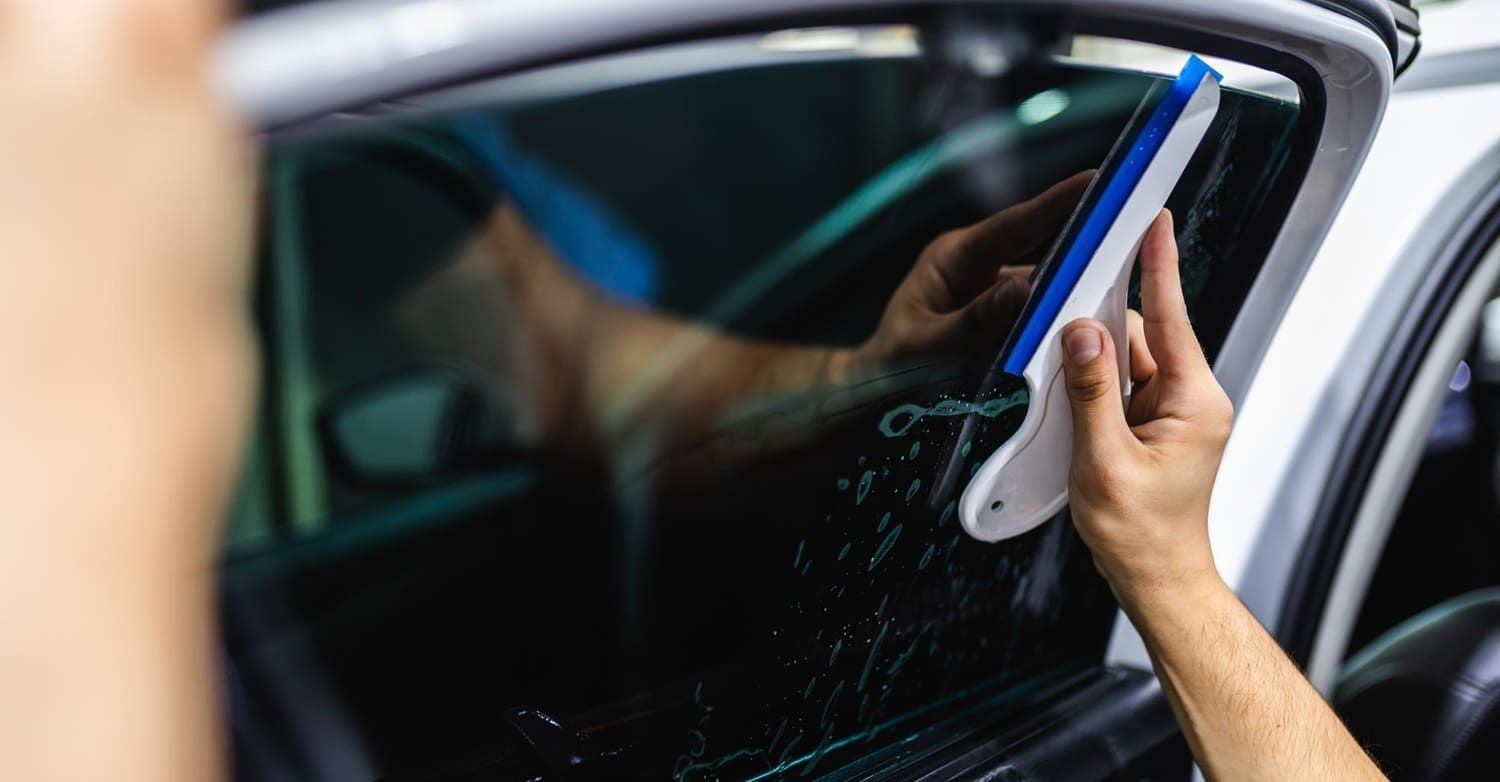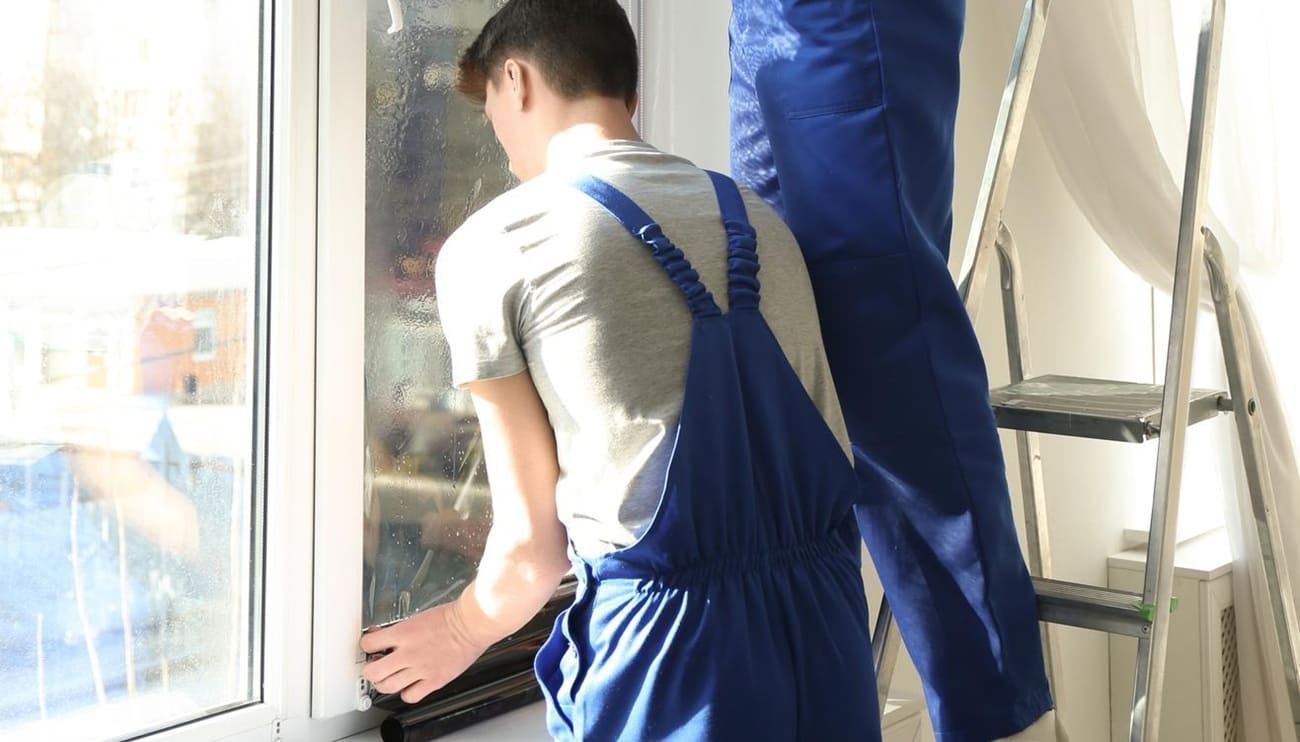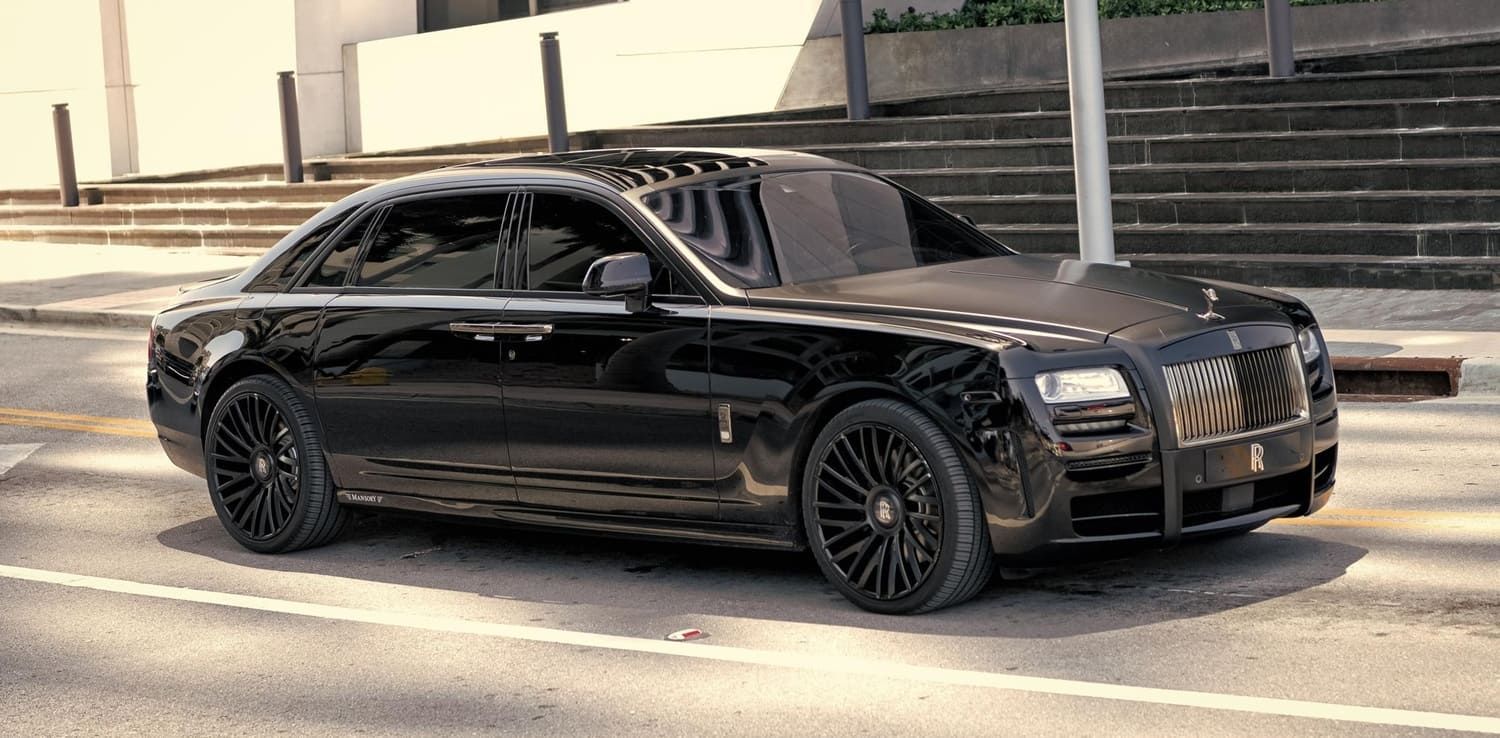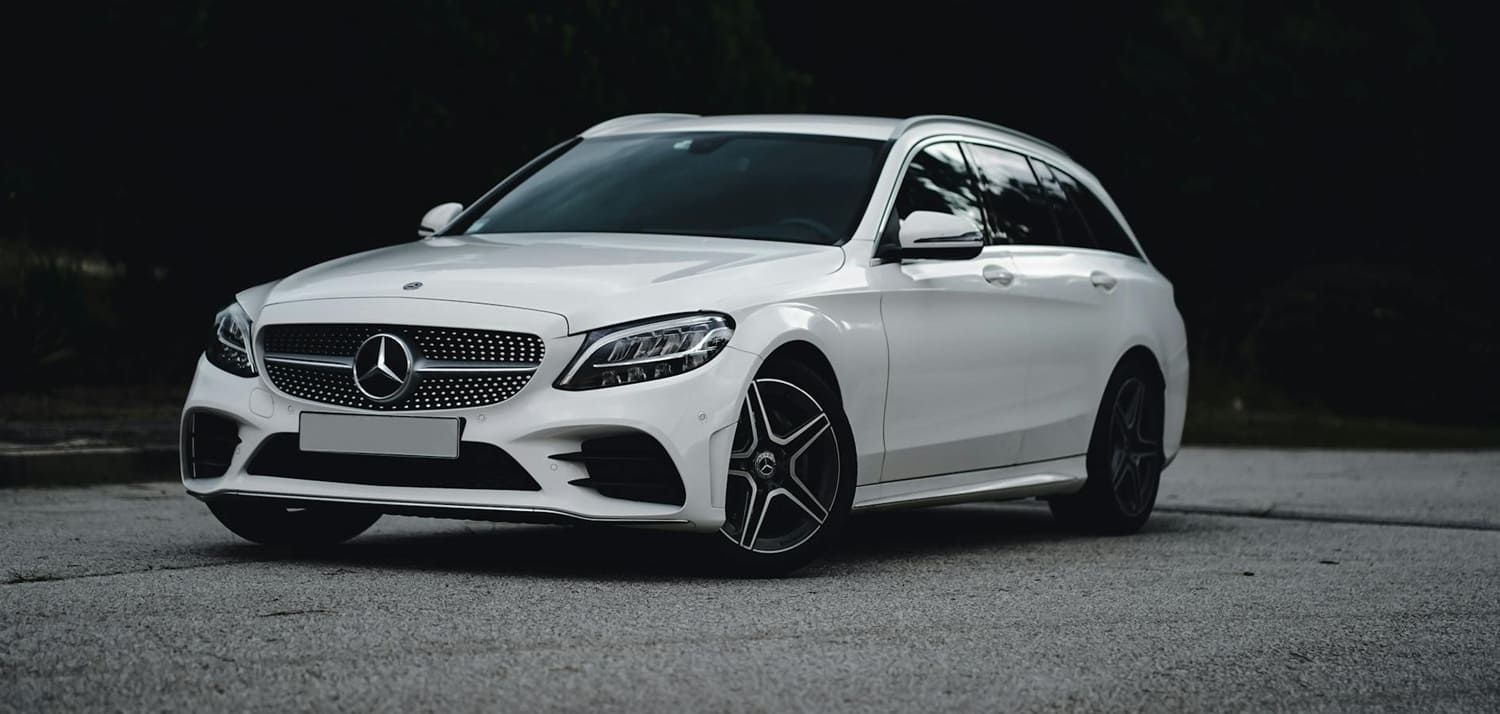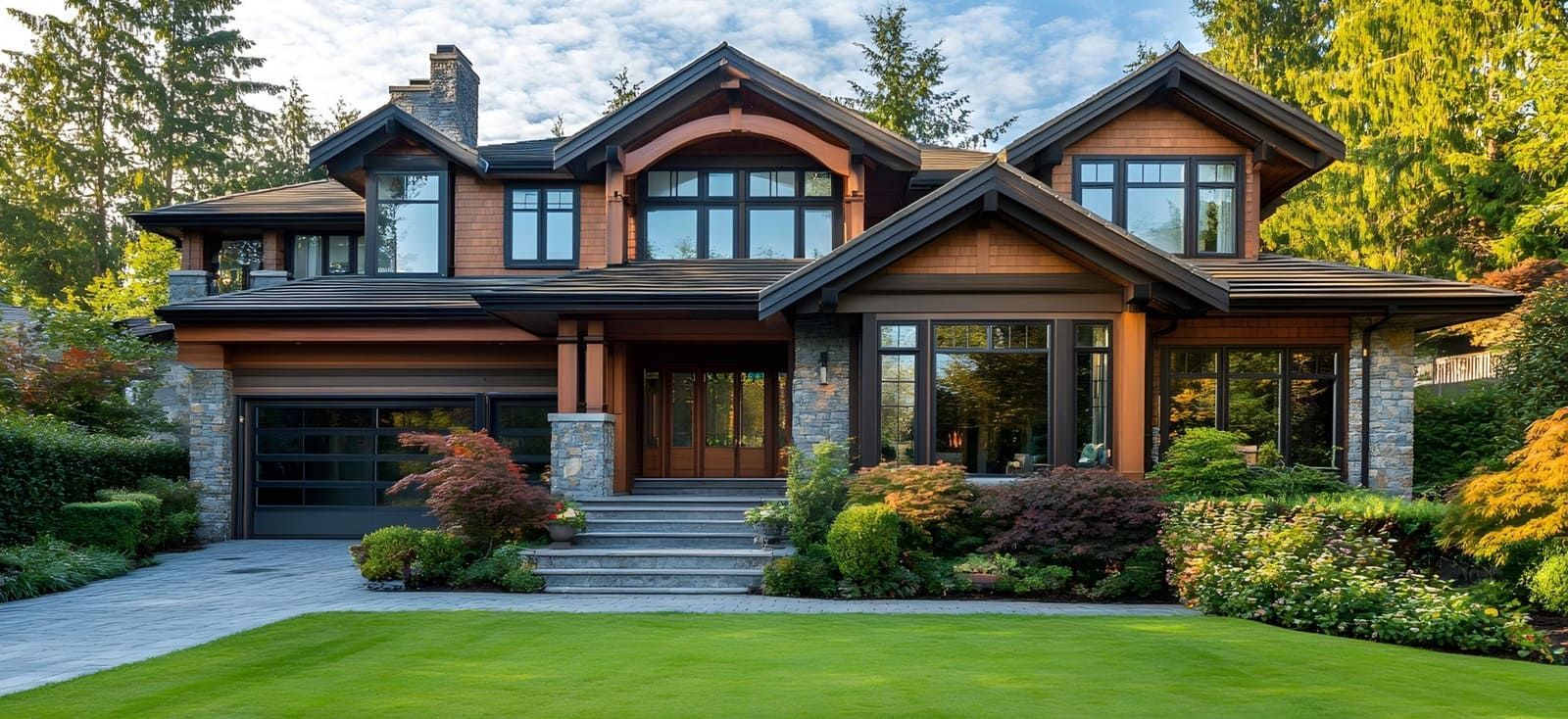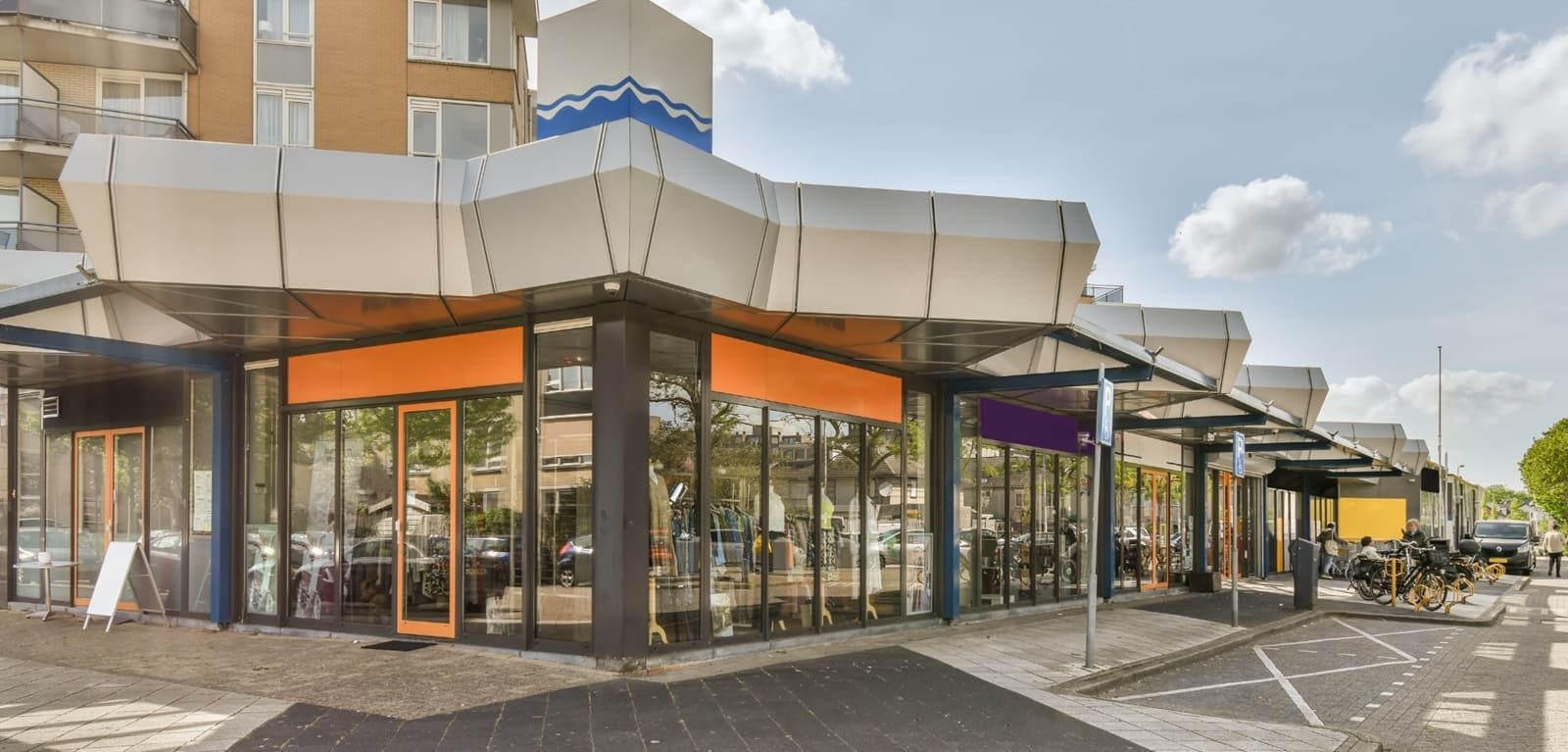What Is the Lifespan of Auto Window Tint?
Are you trying to figure out how long your auto window tint will actually last? Learn more by checking out this detailed guide.
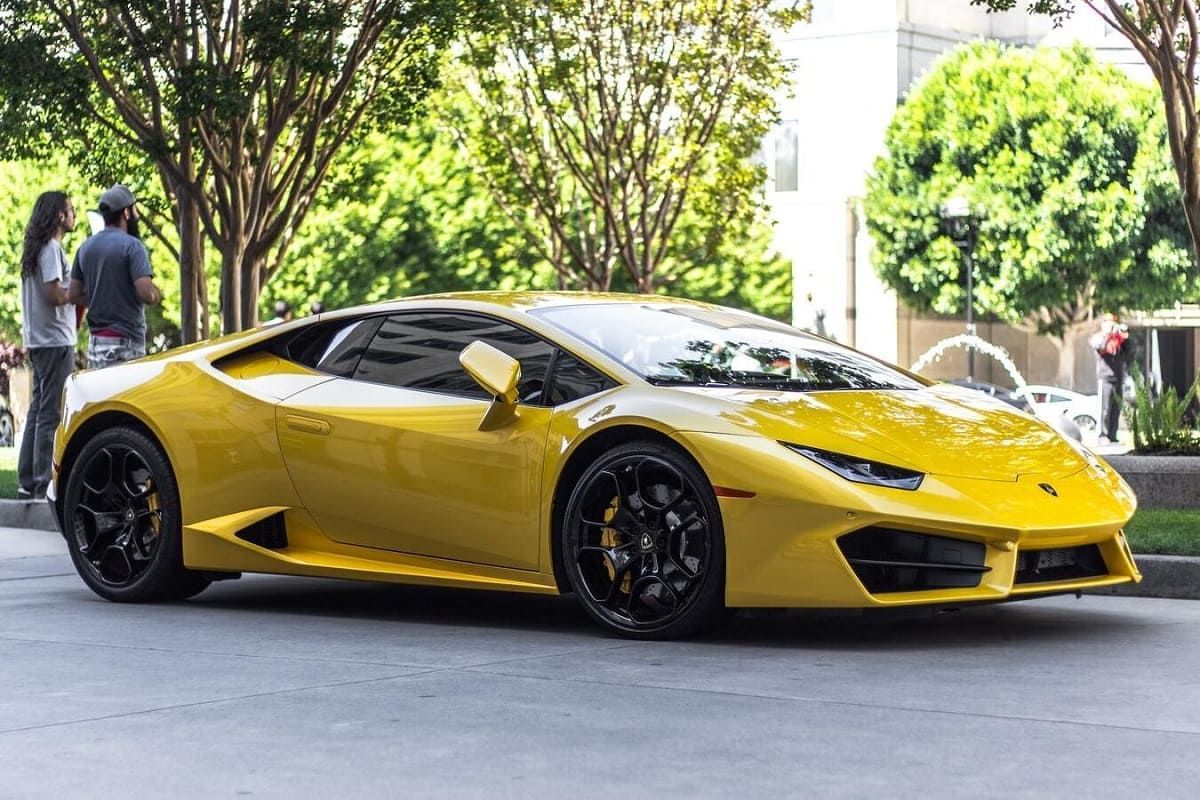
The state of Florida has some of the most permissive tinting laws in the U.S.: Sedans and SUVs need to let around 6-15% of light in from the outside.
Alabama, Connecticut, and Idaho require double that amount. In other words, Florida car owners can enjoy near total privacy with tinted windows. Yet window tinting isn't only about your privacy. It's a multi-functional, aesthetic choice with many practical uses.
But it doesn't last forever - and knowing when to take it to the shop will save you money.
Keep reading to learn how long your auto window tint will last.
The Many Reasons People Tint Their Cars
Tinting car windows has been an increasingly common sight since the '90s.
But why do people tint their cars?
The main draw is privacy and security. Prying eyes can't easily see through dark, tinted windows, protecting you and your belongings from unwanted attention.
Yet there's more to it than that.
A high-quality window tint blocks most harmful UV rays, keeping your car cooler during scorching summer days. You'll need to use the A/C less often, and your car won't get quite as hot when left unattended in the sun for an hour.
The final reason people tint their cars is for aesthetic appeal. Auto tint looks sleek and stylish. It's a simple customization that upscales your vehicle's look, potentially even boosting its resale value.
Popular Types of Auto Window Tint
It may look the same from the outside, but there are many types of window tint to choose between:
- Dyed window tint
- Metalized window tint
- Ceramic window tint
Dyed window tint is the cheapest option. It's everything you'd expect from tinted windows - dark, private, and heat-reducing. However, it tends to wear out more quickly than other types.
Over time, it can gain a purplish hue and lose its effectiveness.
Metalized window tint reflects heat using metallic particles embedded in the film. It's highly durable and won't fade over time - but it can interfere with GPS signals and cell phones.
Ceramic window tint, such as the CTX series, is considered the best overall. It has a long lifespan, won't interfere with electronics like metalized tints, and offers maximum heat reduction.
Does Auto Window Tint Have an Expiry Date?
Like any other component in your car, auto window tint doesn't last forever. The lifespan of auto window tint depends on its type - dyed, metalized, or ceramic.
It doesn't have a specific "expiry date". Instead, the lifespan depends on several factors:
- The quality of the tint
- The climate
- How well it's maintained
- The quality of the craftsmanship
Extreme weather and poor installation will significantly impact the longevity of your auto tint. High temperatures and high humidity both affect it negatively over time.
The easiest way to learn more about your tint's expected lifespan is to ask the service provider installing it. They'll not only know the ins and outs of the auto window tint - they'll also be aware of its lifespan given the local climate.
Florida, for instance, experiences a sub-tropical climate with frequent heatwaves and hotter average weather than much of the U.S. - so window tint is likely to wear out faster.
Average Lifespan of Car Window Tint
So, how long does car window tint typically last?
The cheapest option, dyed window tint, tends to have a lifespan of three to five years, depending on the external factors we mentioned above.
Metalized tint, meanwhile, can last for longer. Usually, it remains effective for between five and seven years before showing signs of its age.
A ceramic window tint is built to last - and is known for its durability. Good-quality ceramic can last 10 years or more with good care and car maintenance.
Signs of Ageing in Auto Window Tint
Your window tint will show signs of wear and tear as it ages - and recognizing them will help you know when to start thinking about replacing it.
The most common sign of aging is fading.
Over time, your once dark, sleek window tint may start to look lighter. In some cases, it will change color. You may also notice bubbling, which occurs when the adhesive starts to degrade. Peeling and cracking are also common signs that your window tint is nearing the end of its lifespan.
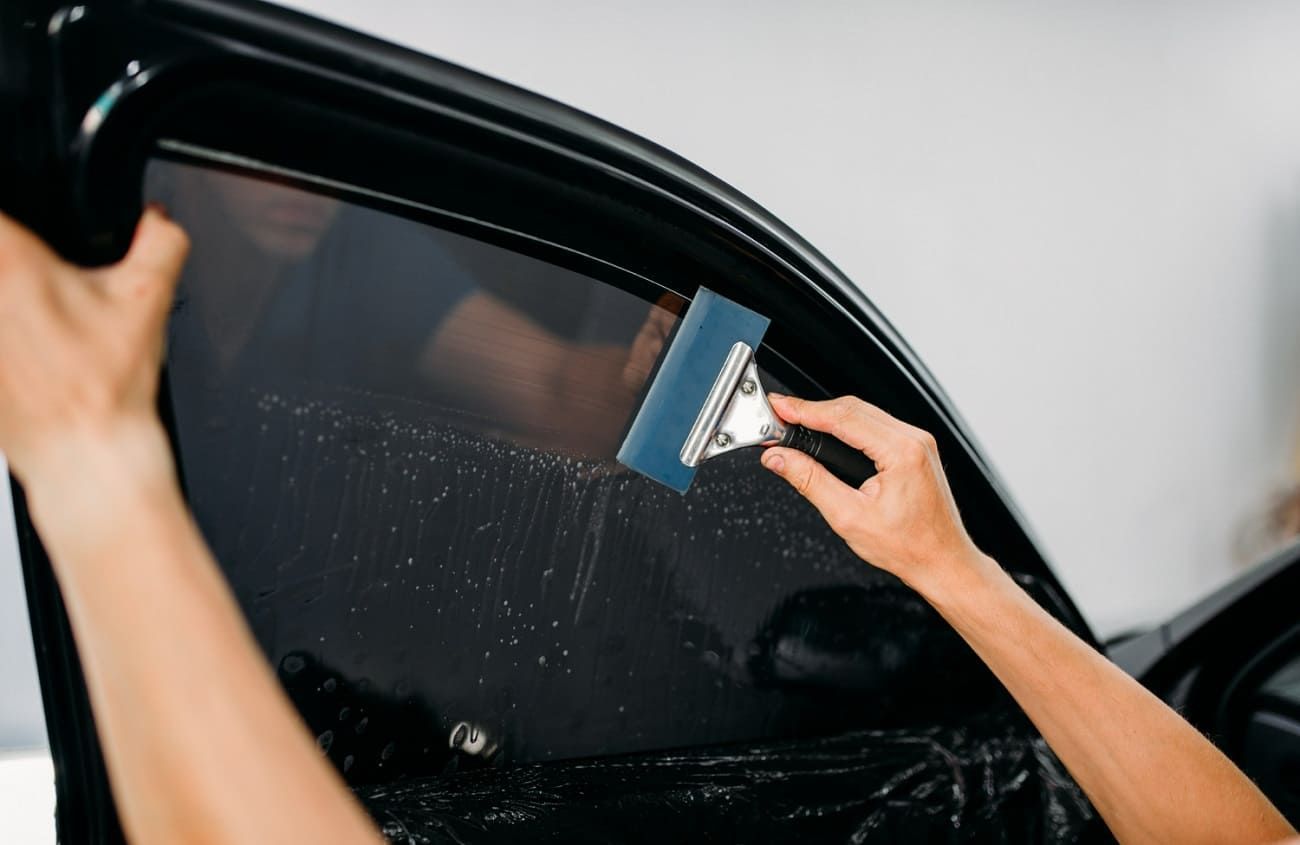
How to Extend the Lifespan of Your Car's Window Tint
How do you extend the lifespan of your auto window tint?
The answer lies in proper maintenance and care:
- Clean regularly
- Park in the shade
- Avoid fixing damaged tint yourself
Clean your windows regularly, avoiding harsh chemicals or abrasive tools that will damage the tint. Instead, use a soft cloth and a specialist cleaning material designed for tinted windows.
Your window tint is designed to block UV rays (and reduce heat), but exposing it to intense sunlight for long periods of time will shorten its lifespan. Parking in the shade will help reduce this and is particularly effective if you live in hot climates or avoid sunlight in the height of the summer season.
Finally, if you notice any of the signs of aging we outlined above, don't try and fix them yourself. Attempting to repair peeling and bubbling tint will likely result in further damage - it's better to take your car to a professional for help.
Maximize Your Auto Window Tint's Longevity
Auto window tint won't last forever - and on average, you can expect high-quality tint to last for 10 years or more.
But you can prolong its life with proper care and maintenance. Choosing a high-quality tint, parking in the shade, and seeking professional help when needed can significantly extend its lifespan.
Located in Longwood, Orlando, Flying Window Tinters has been the county's premier tinting service since the '80s. We serve Sanford, Lake Mary, Winter Springs, and other surrounding Florida areas. You can browse our high-performance window tinting options here.

